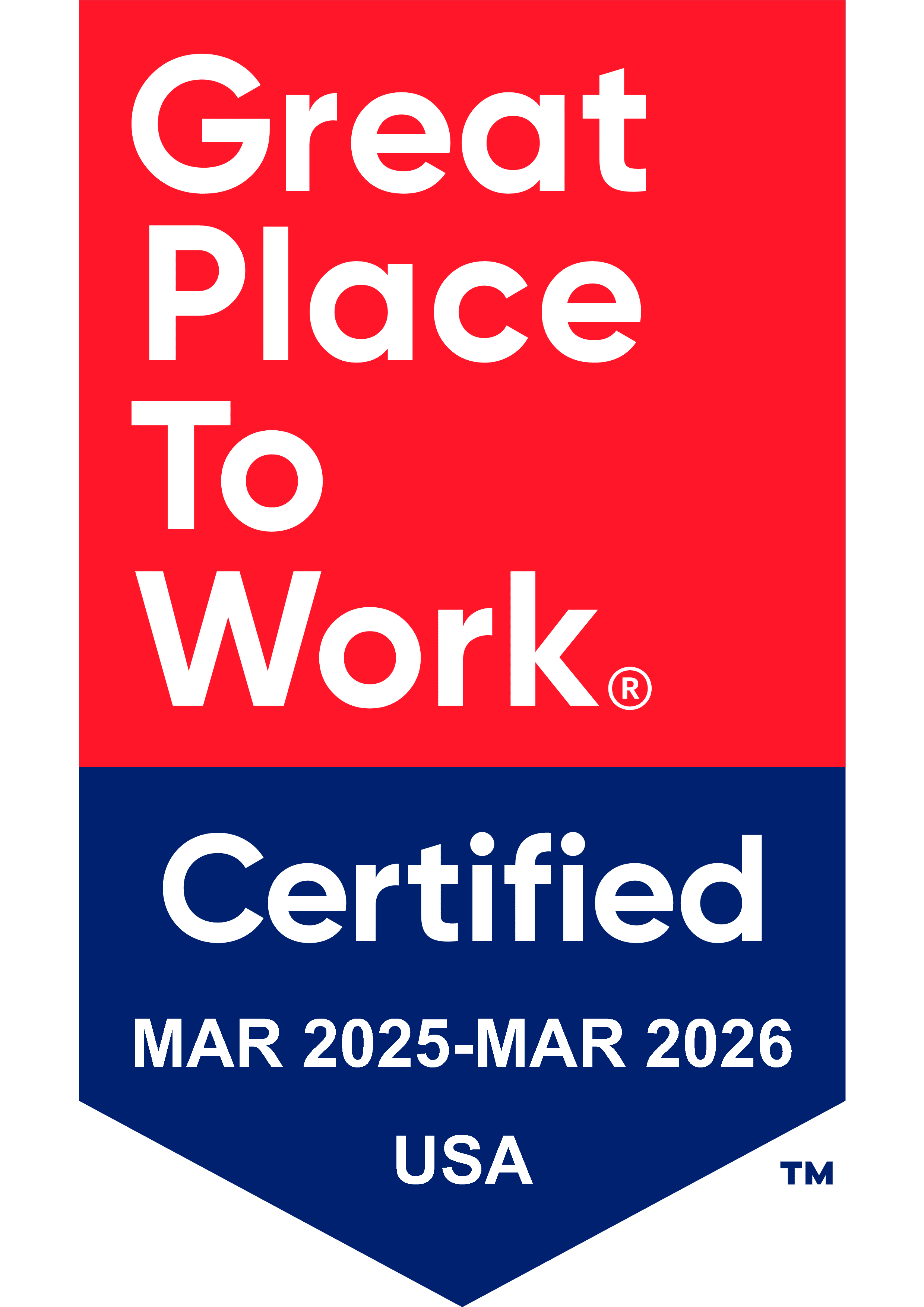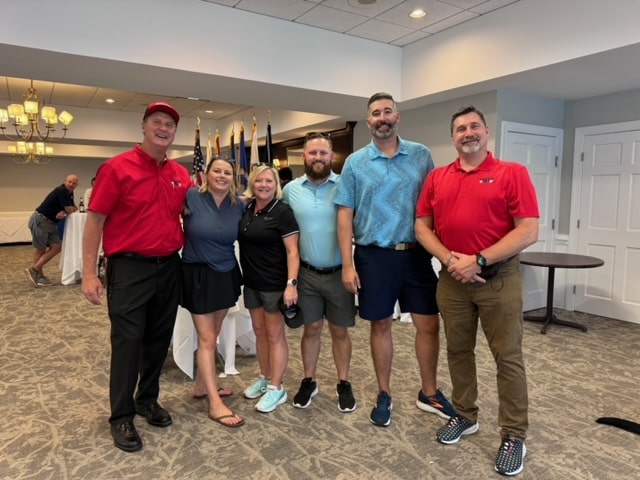How to Answer “Tell Me About a Mistake You Made” in an Interview
One of the most common behavioral interview questions is “tell me about a time you made a mistake.” While it may seem counterintuitive to highlight a failure in a job interview, this question allows you to demonstrate important qualities like self-awareness, accountability, and ability to learn from mistakes.
Why Interviewers Ask This Question
This inquiry allows the interviewer to gauge your level of honesty, humility, and commitment to self-improvement. It also reveals how you handle pressure and setbacks. A great answer shows you can take responsibility, analyze what went wrong, implement a solution, and apply key lessons to avoid repeat mistakes.
Preparing Your Response
Crafting an effective answer to this challenging question requires thoughtful preparation. By following these steps, you can construct a response that not only addresses the question honestly but also showcases your adaptability and resilience. A well-prepared answer will demonstrate your capacity for self-reflection and your commitment to professional development. Here’s how to prepare:
- Decide on the Mistake Example: Choose a real work mistake that was not catastrophic but meaningful enough to provide key lessons learned. Avoid blaming others or minimizing the error.
- Tailor to the Role: Select an example that relates to skills needed for the target job so you can highlight qualities the employer values.
- Outline the Story: Have a concise narrative with the context of what happened, the specific mistake made, what you did to make a correction and what you learned.
- Emphasize the Lesson: Clearly articulate the key takeaway, such as importance of double-checking work, requesting clarification, prioritizing tasks, or improving a skill set. This takeaway should align with requirements for the job you want.
- Accept Accountability: Own the mistake without making excuses or throwing anyone under the bus. Explain how you took responsibility to fix it.
- End on a Positive Note: Conclude by highlighting how this experience helped you grow and gain a valuable skill or perspective that will make you an asset in the role.
Turning Mistakes into Opportunities: Example Response
To help illustrate effective ways to answer this question, here are three examples of strong responses. Each demonstrates key elements of a good answer: context, specific mistake, corrective action, and lessons learned. Notice how these responses are tailored to different roles and industries, showcasing relevant skills and growth:
Example 1:
“In my previous marketing role, I once sent out an email campaign with a broken link before double-checking all the details. I quickly owned my mistake, alerted my team, and we resolved the issue quickly by sending a revised email with the correct link. I learned the importance of being meticulously detail-oriented with client communications, so now I have a careful revision process before launching any campaigns. This experience reinforced how crucial it is to dot every ‘i’ and cross every ‘t’ in marketing materials.”
Example 2:
“When managing a website redesign project, I initially underestimated the scope of work required for the technical integration. This led to timeline delays. As soon as I realized my estimations were off, I took accountability by adjusting expectations with the client, reallocating resources, and putting in extra hours to get the project back on track. I learned how important it is to thoroughly vet all technical requirements during project scoping. This experience has made me a better project manager skilled at anticipating roadblocks.”
Example 3:
“Early in my sales career, I lost an important deal because I didn’t listen closely enough to the client’s key concerns during the pitching process. I made flawed assumptions instead of asking clarifying questions. While disappointing, this taught me how crucial it is to be a nuanced, active listener able to address the unstated needs behind customer objections. Since then, I always start sales conversations by first seeking to fully understand the buyer’s perspective and pain points.”
Tip: Have a backup example ready. Prepare an additional mistake scenario just in case your first example doesn’t seem perfectly fitted to the role once in the interview room.
What Not to Say
When answering this question, it’s crucial to avoid certain pitfalls. Here’s an expanded list of what not to say:
- Don’t make up an unrealistic example that’s easily poked full of holes
Fabricating a mistake or embellishing a minor error can backfire. Experienced interviewers can often spot inconsistencies in made-up stories. If you’re caught in a lie, it will severely damage your credibility. Stick to real experiences you can discuss authentically. - Don’t brush off or diminish the mistake – own it fully
Avoid downplaying the significance of your error with phrases like “It wasn’t really a big deal” or “Anyone could have made that mistake.” This approach may make you appear evasive or lacking in self-awareness. Instead, acknowledge the gravity of the situation and your role in it. - Don’t blame others involved or make excessive excuses
Resist the urge to shift responsibility to colleagues, circumstances, or external factors. Statements like “It was mainly my coworker’s fault” or “The client kept changing their mind” reflect poorly on your ability to take ownership. Focus on your actions and decisions, not external factors. - Don’t describe an unresolvable, catastrophic failure
While honesty is crucial, avoid sharing mistakes that had severe, irreparable consequences or that showcase a fundamental lack of competence. For instance, discussing how you accidentally deleted an entire company database with no backup might raise too many red flags. - Don’t fail to admit a real mistake – being unable to identify any errors is a red flag
If you claim you’ve never made a significant mistake, you may come across as arrogant, lacking in self-reflection, or dishonest. Everyone makes mistakes and recognizing them is a sign of maturity and growth mindset. - Don’t provide vague or general answers
Avoid responses like “Sometimes I work too hard” or “I’m a perfectionist.” These clichés don’t provide meaningful insight into your ability to learn and grow. Instead, offer specific, concrete examples of mistakes and the lessons learned. - Don’t discuss personal mistakes unrelated to work
Stay focused on professional scenarios. Sharing personal mistakes, like forgetting a friend’s birthday or getting a speeding ticket, doesn’t demonstrate your workplace competencies or problem-solving skills. - Don’t dwell excessively on the mistake itself
While it’s important to explain what happened, don’t spend too much time recounting the error. Briefly describe the situation, then focus more on your response, the resolution, and the lessons learned. - Don’t fail to explain how you’ve grown
Avoid simply stating what went wrong without elaborating on how you’ve improved as a result. The key is to demonstrate that you’ve reflected on the experience and made positive changes. - Don’t choose a recent mistake without a resolution
Select an example that you’ve had time to reflect on and address. Discussing a very recent error that you’re still in the process of fixing might not effectively showcase your problem-solving skills and ability to learn from mistakes.
By authentically admitting a real mistake, explaining how you fixed it and outlining applicable lessons to avoid future slip-ups, you’ll showcase valuable qualities like self-awareness, integrity, and dedication to professional growth. Remember, the goal is not just to discuss a past error, but to demonstrate how you’ve become a better professional because of it.
For more career advice, check out the articles in our Resource Center or advice on job seeking, interviewing, resume writing and more! Also, don’t miss out on the latest from our News & Insights blog for workforce trends, recruitment news and navigating the job market. Looking for a new opportunity? Take a look at our job openings.




